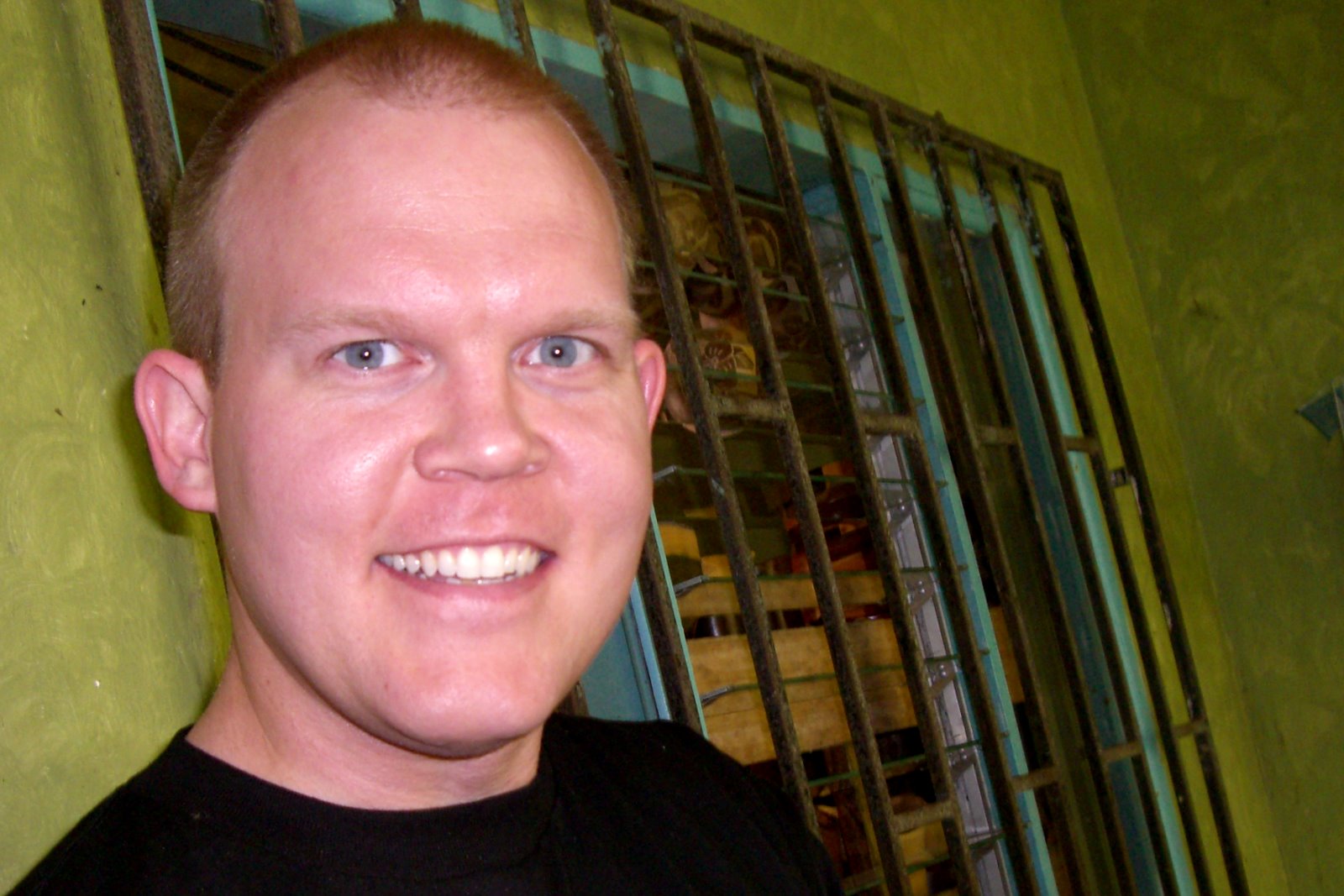Commissioner Reid:
Thank you for your service on the
After hearing you speak on State of
These selected questions, bulleted below, come from architect Dan Williams’ focus on community measures in the AIA’s Roundtable on Sustainable Design III: Measures of Sustainability.
- How much energy is used to provide your water needs?
- What natural amenities have you created in the acquisition, distribution, cleaning, or disposal of water?
We need to act more aggressively to maintain our water security in the future. The county and the commission addresses this issue, but I would like to see additional effort brought to bear in minimizing the impact of new development. Providing additional water service and treating additional waste should occur when a clear and substantial benefit to the community is present. Density could minimize these impacts. I’d also like to see better integration between county services when cost savings and mutual benefit can be realized.
- To what extent is the community protected from natural disasters and/or designed to mitigate damage from disasters?
- What post-disaster planning has been done, and how well does a rebuilding plan take advantage of opportunities for greater sustainability?
We need plans for major disruptions: natural, industrial, economic, as well as for terrorism. On this anniversary of September 11th, we must remember the towers falling; remember the feeling in the pits of our stomachs, and the feeling of what’s next. We have also seen cities like
Nevadans choose to be self-reliant and independent. Help us maintain this choice in the future.
Thank you for your time and consideration,
Sincerely,
Paul Cline, AIA
CC: David Berns
makingprojects.blogspot.com



